Hezbollah: Response to Israeli assassinations ‘definite’
Lebanon’s resistance movement Hezbollah has once again stressed its resolve to retaliate against the Israeli assassination of its senior commander, despite US efforts to spare its ally the consequences of its crimes.
“The response is a decision and this decision will take place, God willing,” Hezbollah's Deputy Secretary General Sheikh Naim Qassem said in an interview with Lebanon’s al-Manar television network that was aired on Thursday.
Qassem described the visit of US envoy Amos Hochstein to Lebanon, which was allegedly aimed at easing tensions between Israel and Hezbollah, as a “show” in a "vicious cycle", noting that he didn’t present “specific American proposals.”
On Wednesday, Hochstein said he believed all-out war between Israel and Hezbollah could be avoided, adding that a ceasefire deal for Gaza would also help prevent an outbreak of a wider war.
"We continue to believe that a diplomatic resolution is achievable because we continue to believe that no one truly wants a full-scale war between Lebanon and Israel," Hochstein said after talks with parliament speaker Nabih Berri.
Elsewhere in his remarks, Naim Qassem noted that the victory of Lebanon against the Israeli enemy in the July 2006 war “is not an exceptional” incident, but “a choice that turned out to be a foundation for the future.”
He referred to the operations conducted by Hezbollah in support of Gazans who are subjected to an Israeli genocidal war, saying “We are confident that the outcome of confronting the July 2006 aggression, including thwarting all of Israel’s goals and achieving the great divine victory, will also be achieved in this battle [al-Aqsa Storm Operation], amid all these sacrifices, all this patience, and all this time.”
Noting that the current battle is “tougher and harsher” one, he said it as “a battle of choices.”
“We have a clear choice. We have the choice of liberation, independence, pride and dignity. And that’s more sophisticated than… the choice of occupation and aggression.”
“The issue needs patience, and… we are the people of patience and generosity,” he stressed.
Hezbollah and Israel have been exchanging fire since early October, shortly after the occupying regime launched its war on Gaza.
The movement has vowed to keep up its retaliatory operations as long as the Tel Aviv regime continues its onslaught on Gaza that has so far killed more than 40,000 Palestinians, mostly women and children, and injured tens of thousands others.
Israel waged its genocidal war on Gaza on October 7 after the Palestinian Hamas resistance group carried out Operation Al-Aqsa Storm against the usurping entity in retaliation for its intensified atrocities against the Palestinian people.
In its most daring attack against Lebanon since the beginning of the Gaza onslaught, Israel assassinated Fuad Shukr, a senior Hezbollah military commander and an advisor to the movement’s Secretary-General Sayyed Hassan Nasrallah, in a strike against a building in a suburb of Beirut late in July.
Hezbollah officials have repeatedly said they do not want a war with Israel while stressing that they are prepared in case it occurs.
Two Israeli wars waged against Lebanon in 2000 and 2006 were met with strong resistance from Hezbollah, resulting in the retreat of the regime in both conflicts.
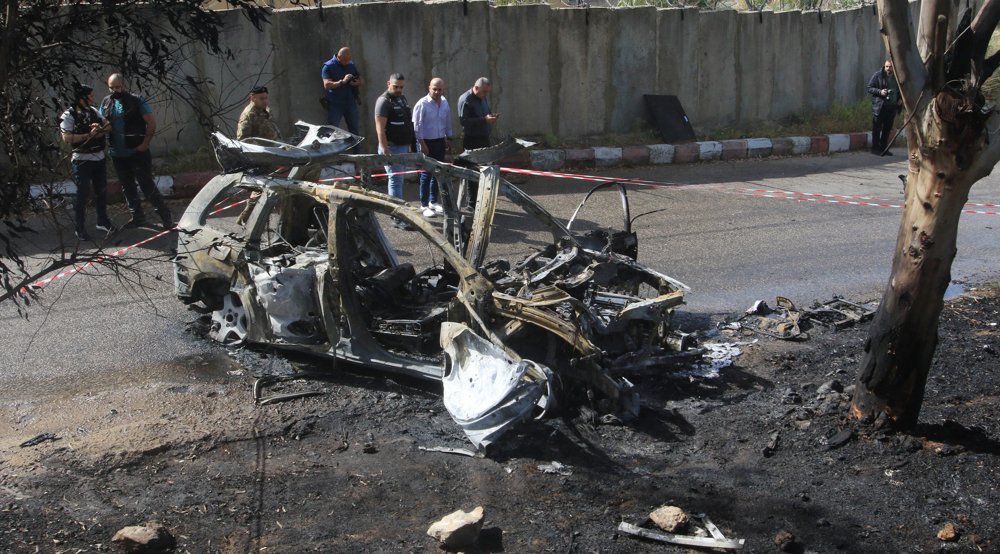
Hezbollah urges Lebanese govt. to act after Hamas-allied leader assassinated
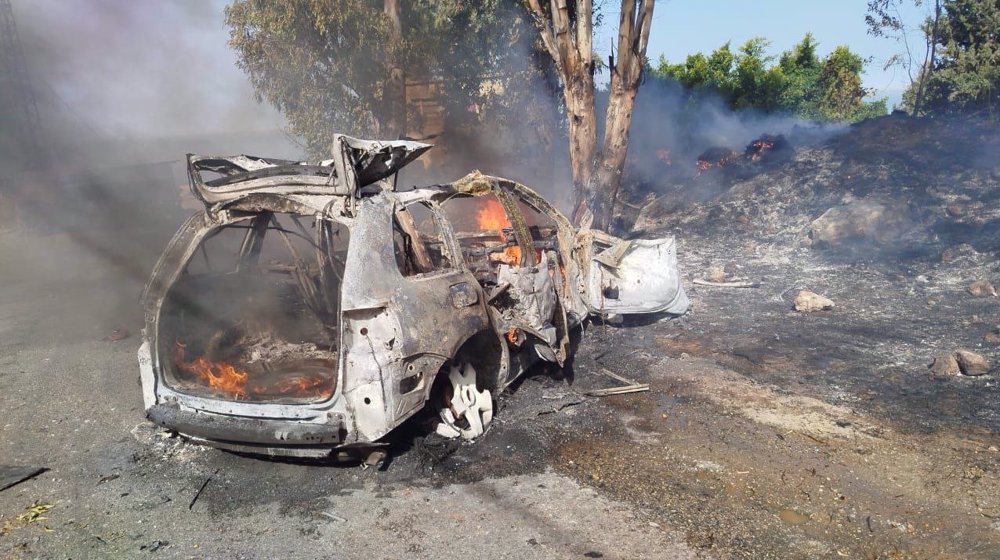
Senior Hamas-allied leader killed in Israeli drone strike south of Beirut
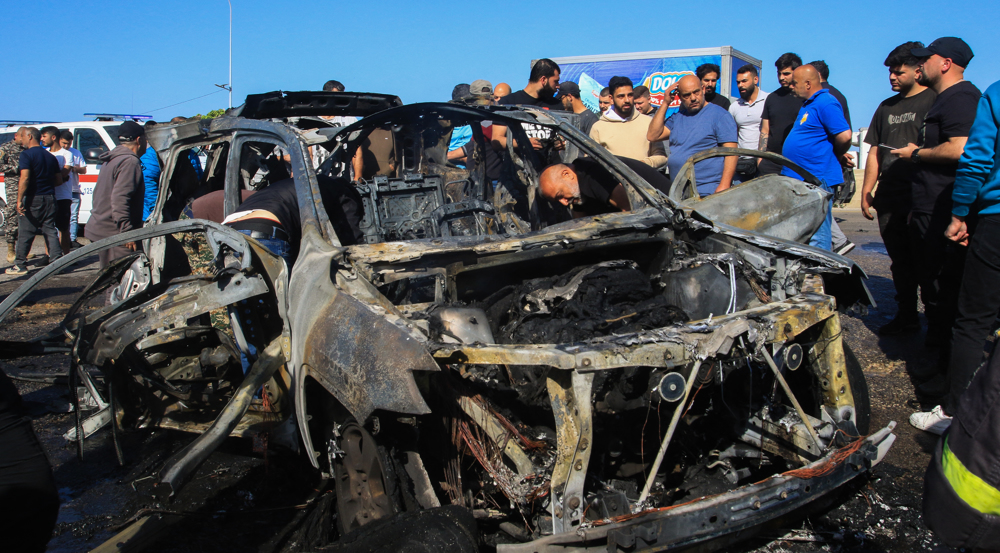
Israeli airstrikes kill at least two in southern Lebanon: Health officials
Over 220 US academic leaders slam Trump crackdown on universities
In Beijing, Araghchi says China, Russia Iran’s strategic partners
Gaza facing 'unprecedented humanitarian catastrophe': Hamas
VIDEO | Poll: Majority of Americans disapprove of Trump’s economic plans
VIDEO | Yemeni ballistic missile triggers sirens in Israeli-occupied lands
VIDEO | Iran-China-Russia partnership
VIDEO | Press TV's news headlines
Netanyahu’s anger source of joy for us: Ansarullah


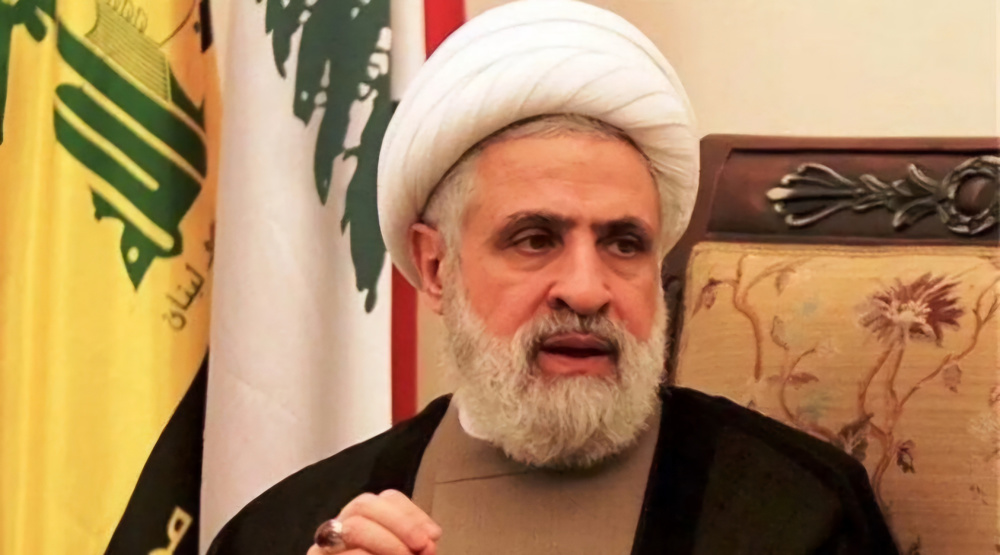
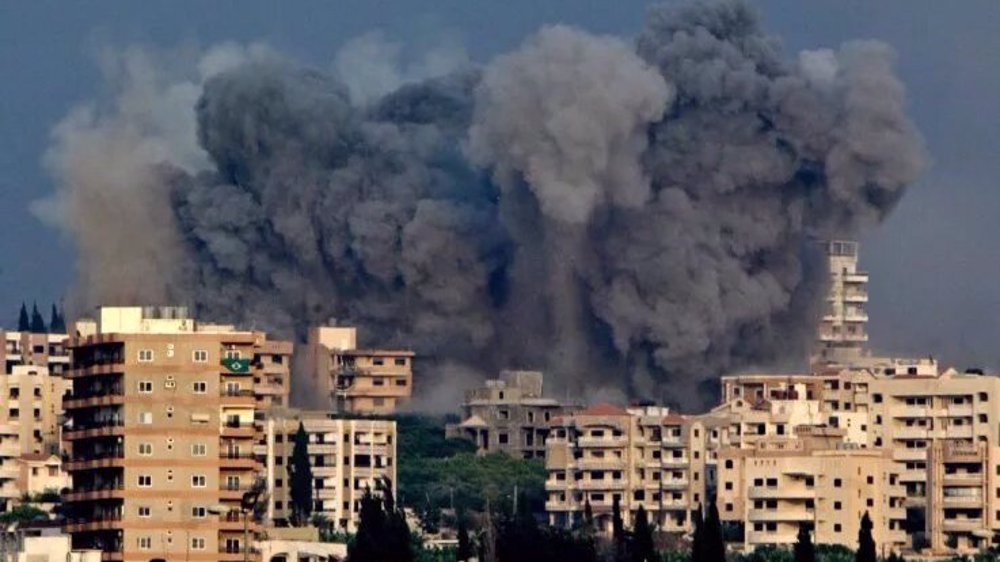



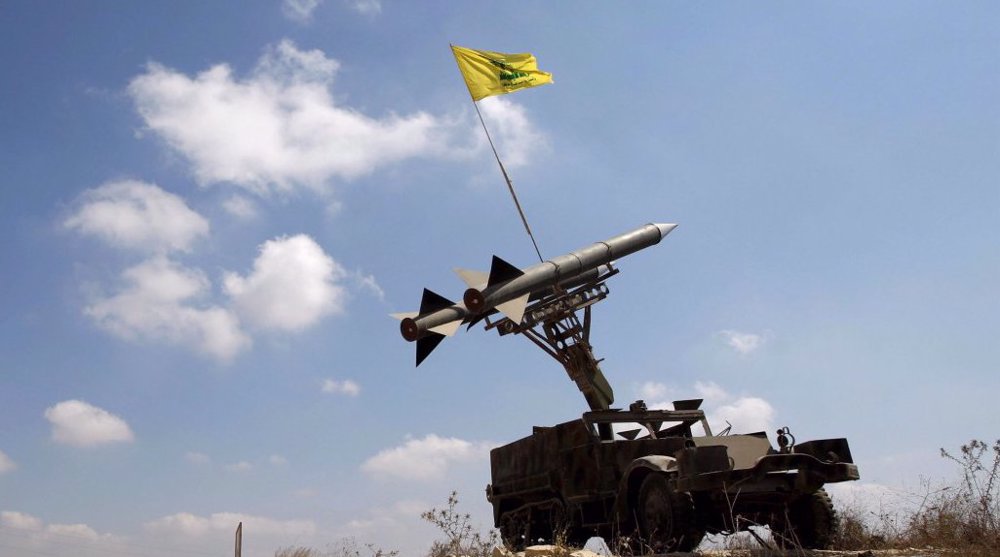
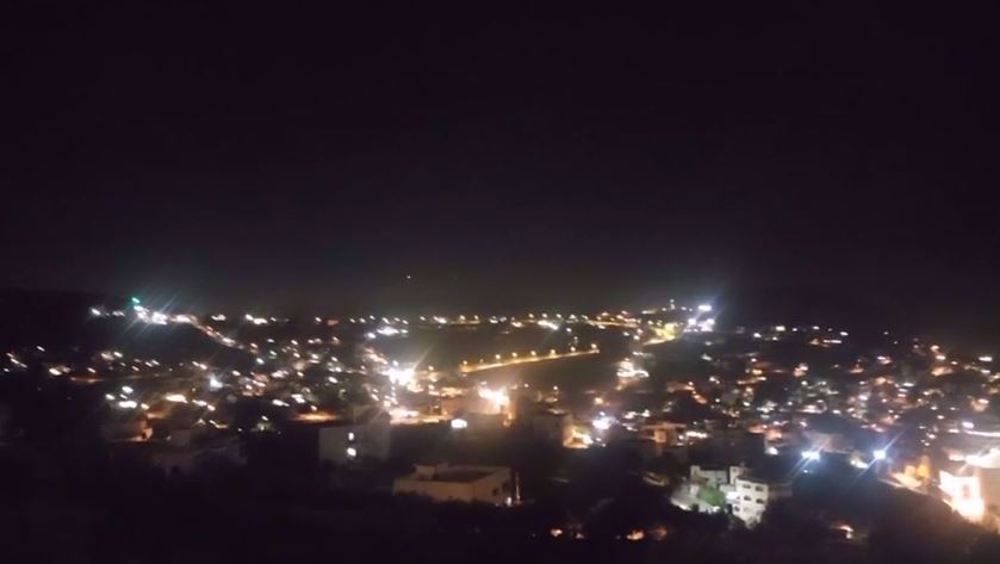
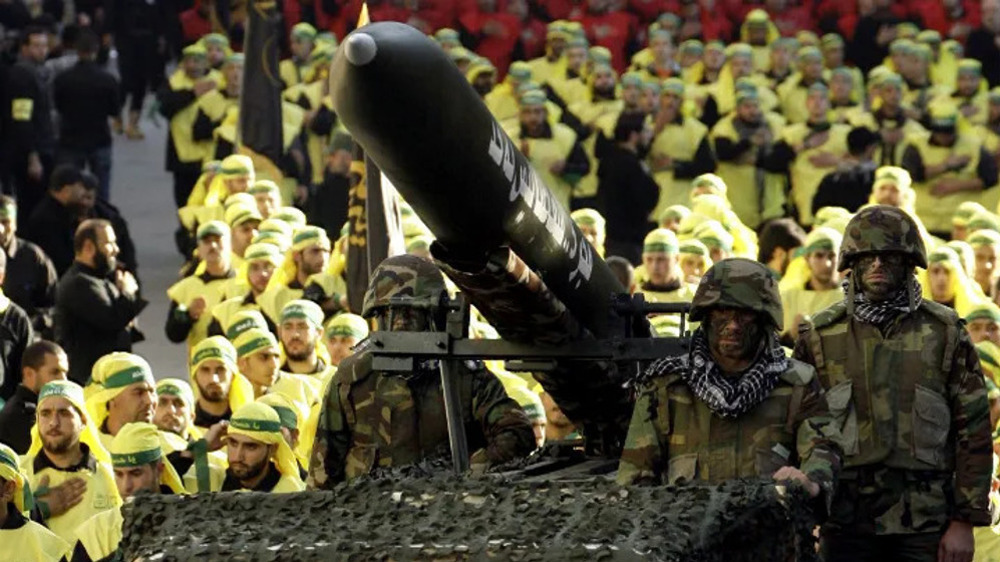

 This makes it easy to access the Press TV website
This makes it easy to access the Press TV website